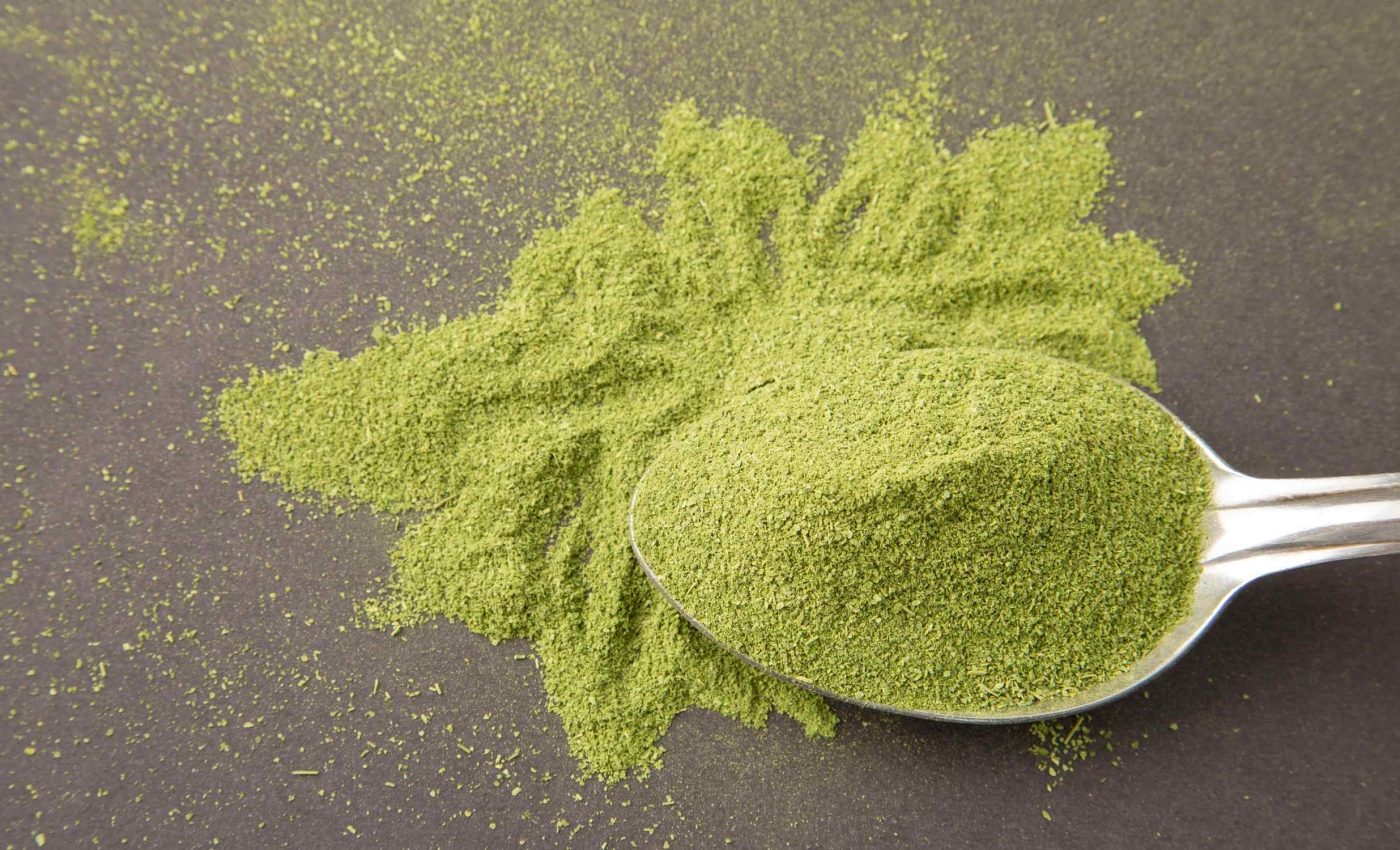
FDA recalls a popular supplement after a salmonella outbreak in several U.S. states
A recall has been issued for Member’s Mark Super Greens dietary supplement powder after 11 people in seven states got sick from salmonella. Three were hospitalized, and the product was sold nationwide at Sam’s Club stores and online.
Investigators linked the illnesses to moringa leaf powder used in the product. Officials report that contamination likely traces to a single lot that moved through several distributors.
About the salmonella recall
This investigation is being led by the U.S. Food and Drug Administration (FDA), the federal agency that oversees food safety. Its team focuses on tracing foodborne hazards and coordinating recalls during outbreaks.
FDA’s investigation points to a single lot of organic moringa leaf powder and, as a result, all versions of Member’s Mark Super Greens were recalled, the agency said in its advisory.
Cases span Florida, Kansas, Michigan, New York, North Carolina, South Carolina, and Virginia, with illnesses reported between May and September 2025.
State laboratories in Virginia and Michigan found Salmonella in leftover powders collected from patients’ homes, and the bacteria matched the outbreak strain. Those results support the FDA traceback to a supplier in Jodhpur, India.
Moringa is a botanical, a plant used for food or supplements, that is often sold as a dried leaf powder. In many blends, that powder is consumed without cooking.
The implicated lot was identified as VFD/ORG/MORP/L/24 with a best by date in November 2027. FDA notes the product was distributed in stores and online across the United States.
How dry powder can cause illness
Salmonella can persist in low-moisture foods, foods with little available water, far longer than many people realize, according to a scientific review.
Survival under dry conditions can also increase heat tolerance, which complicates control during processing.
Powders that are not cooked before use pose a particular risk. If harmful bacteria are present, they can ride along in a smoothie, shake, or drink.
Spice and herb ingredients have a documented recall history with Salmonella, as the FDA’s risk shows. Blends may combine inputs from many sources, which can spread a contaminated lot across wide markets.
This is not the first time a powdered nutrition product has been tied to illness in the United States. A published outbreak investigation linked Salmonella Virchow infections to a raw powdered meal replacement, reinforcing the hazard.
What you should do
“Do not eat any Member’s Mark Super Greens powdered supplements containing moringa leaf powder,” CDC said in a public alert. Throw them away or return them to the store.
If the powder touched counters, scoops, blenders, or storage containers, wash them with hot, soapy water or run them through a dishwasher. If you have symptoms such as diarrhea, fever, or stomach cramps, contact a clinician for guidance.
Illness usually develops within 12 to 72 hours and often lasts 4 to 7 days. Children, older adults, and immunocompromised, people whose immune system is lowered by illness or treatment, are more likely to need medical care.
CDC notes it may add other products containing moringa leaf powder from this importer as the investigation proceeds. Check agency pages for updates and follow local health department advice.
Salmonella recall investigation
Outbreak teams use traceback, step by step review of supply chain records, to follow ingredients from retail shelves to importers.
In this event, records from multiple points of sale converged on a single importer, which narrowed the search.
Officials then used whole genome sequencing, a method that reads all DNA in a sample, to compare bacteria from people and leftover powder. The genetic matches supported a common source and strengthened the case for recall.
The FDA reports the last known illness onset was September 4, 2025, which helps bracket exposure. Timing guides interviews and sampling while the recall proceeds.
The agency also noted that Sam’s Club has stopped distribution and contacted customers about the recall. If investigators find other products that used the implicated lot, the FDA and CDC will add them to public notices.
Related note on cookware safety
The FDA has also posted a separate warning about imported aluminum and brass cookware that can leach lead into food.
They explain that lead is toxic to humans and can affect people of any age or health status, and there is no known safe level of exposure to lead.
The agency added six additional products to its list on October 15, 2025, and testing continues. People who own listed items should throw them away rather than donate them.
Children and pregnant people face greater risk from lead exposure because their bodies absorb more per pound. If you are concerned about exposure, ask a clinician about a simple blood test.
Food safety is about ingredients and tools, so it pays to watch both the supplements you use and the cookware you cook with. Updates will post to FDA and CDC pages as the investigation moves forward.
—–
Like what you read? Subscribe to our newsletter for engaging articles, exclusive content, and the latest updates.
Check us out on EarthSnap, a free app brought to you by Eric Ralls and Earth.com.
—–













